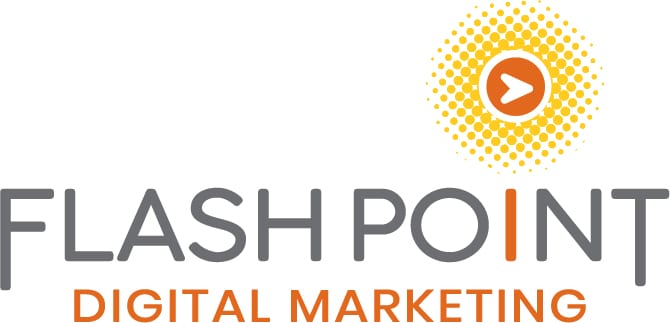SEO Guides, Tips & More!
Learn from Our Experience
SSL 101: What you Need to Know
 Let’s face it the job of an accounting marketer is more challenging and diverse than ever before. Not only do you need to have proficiency in marketing communications but also in digital marketing. This includes not just digital marketing strategies but also an understanding of basic website, SEO and other concepts. One area that is rarely discussed amongst accounting marketers is SSL encryption. This type of encryption is recommended for website that receive or manage sensitive financial or other personal details. While this may appear to be an IT issues, it’s important for marketing to understand the SEO impact of SSL. To help clients’ prospects and others understand SSL, FlashPoint Marketing has summarized key issues below.
Let’s face it the job of an accounting marketer is more challenging and diverse than ever before. Not only do you need to have proficiency in marketing communications but also in digital marketing. This includes not just digital marketing strategies but also an understanding of basic website, SEO and other concepts. One area that is rarely discussed amongst accounting marketers is SSL encryption. This type of encryption is recommended for website that receive or manage sensitive financial or other personal details. While this may appear to be an IT issues, it’s important for marketing to understand the SEO impact of SSL. To help clients’ prospects and others understand SSL, FlashPoint Marketing has summarized key issues below.
What Is SSL?
SSL, an acronym for Secure Sockets Layer, is a type of internet security technology used to establish an encrypted link between a server, browser and the end user. Simply put, SSL technology ensures a safe, private experience for the end user. SSL is the industry standard in security when it comes to website security providing protection to sites that manage sensitive information such as credit card numbers or any other type of personal data.
Why Should Your Firm Have SSL Certification?
SSL certification can be extremely beneficial to website security. It makes your customers feel at ease because they know their private information isn’t likely to be obtained by unwanted parties. This is particularly important for websites that collect e-mail addresses and other types of personal identification because clients and prospects are more likely to trust the website and it’s security policies.
SSL + SEO – Google’s First Love
So many marketing professional are surprised to learn that implementing SSL on the firm’s website will have a positive effect on SEO. Google has stated in several places that website with SSL will receive better rankings. The reason is because Google wants to reward companies that provide the best safeguards possible from unwanted behavior. If your firm decides to implement SSL on the site there are several important steps to follow:
- Decide on the kind of certificate you need: single, multi-domain, or wildcard certificate
- Use 2048-bit key certificates
- Remember to change your website’s address
- Don’t block your HTTPS site from crawling using robots.txt
- Allow indexing of your pages by search engines where possible. Avoid the noindex robots meta tag.
Also note that Google has also updated Google Webmaster Tools to better handle HTTPS sites and the reporting on them. Lastly, make sure to track your HTTP to HTTPS migration carefully in your analytics software and within Google Webmaster Tools.
Final Thoughts
The SSL certification process can be somewhat challenging for those new to digital marketing. If you have questions about SSL and the impact it can have on SEO, FlashPoint can help. For more information or help with your SSL, SEO or other digital marketing topics, contact us.

